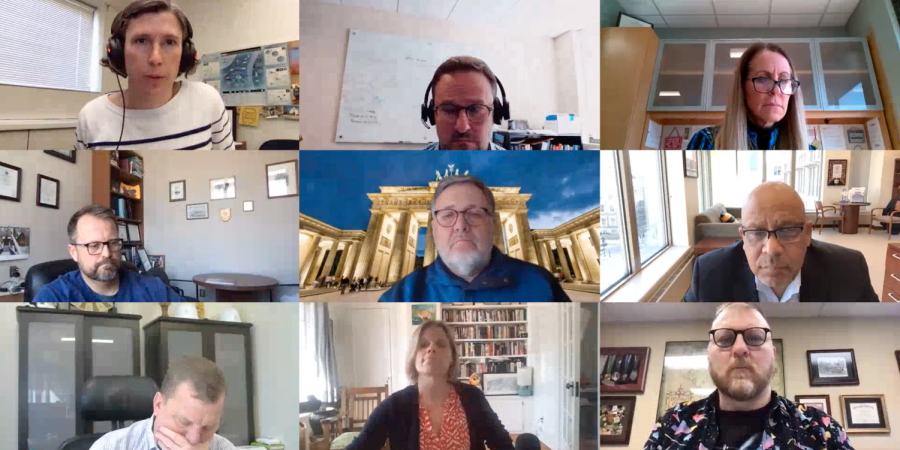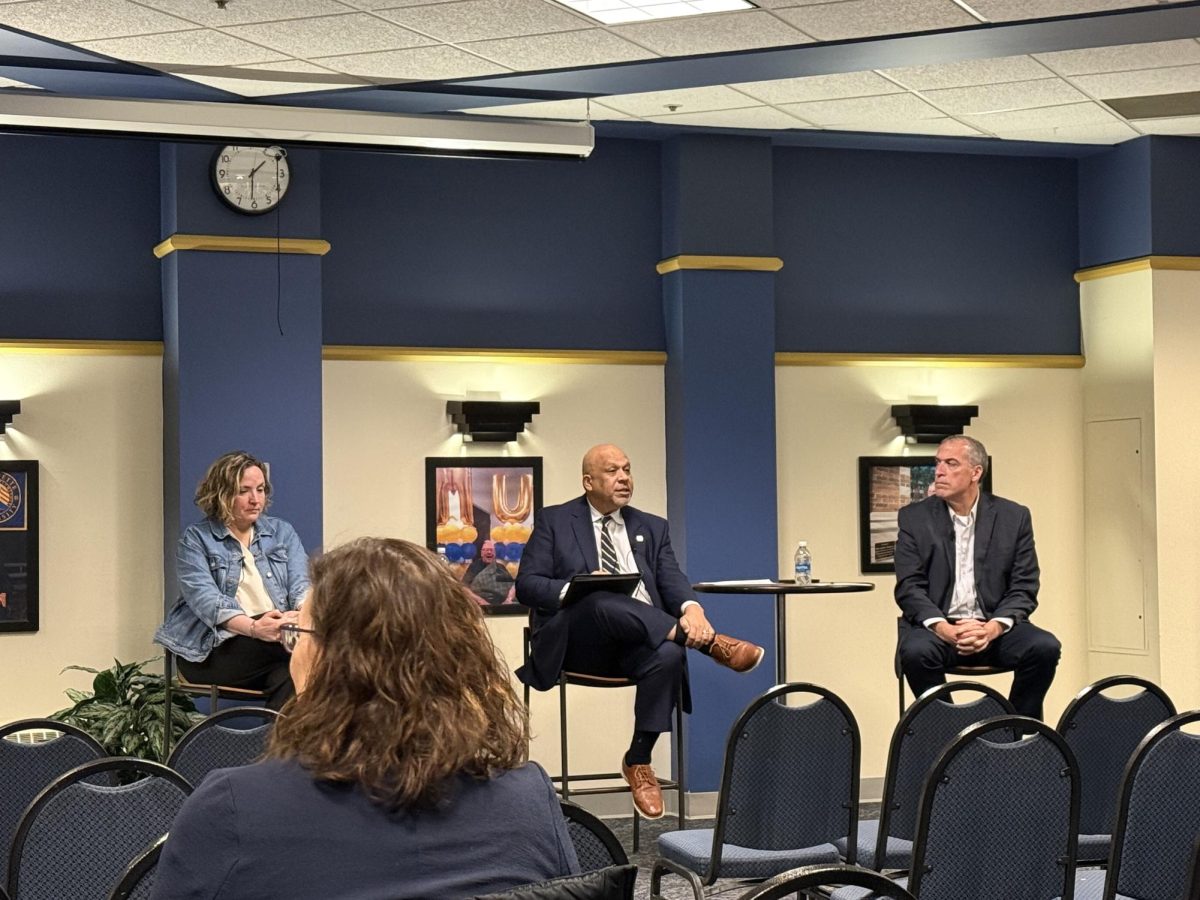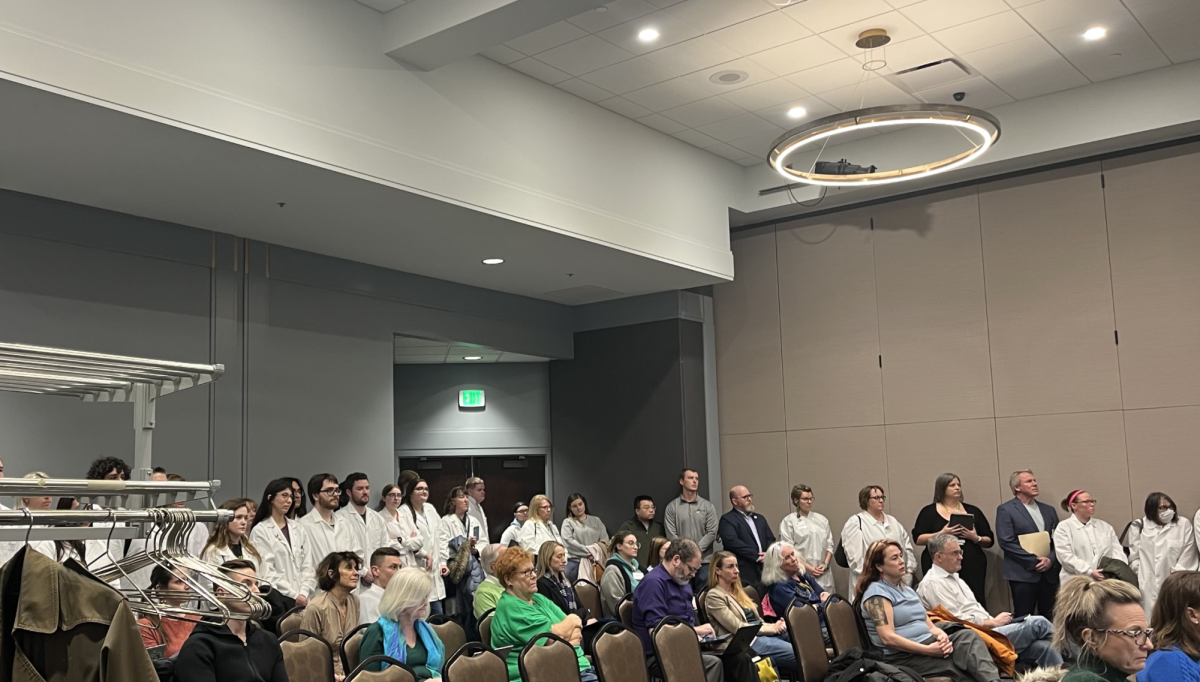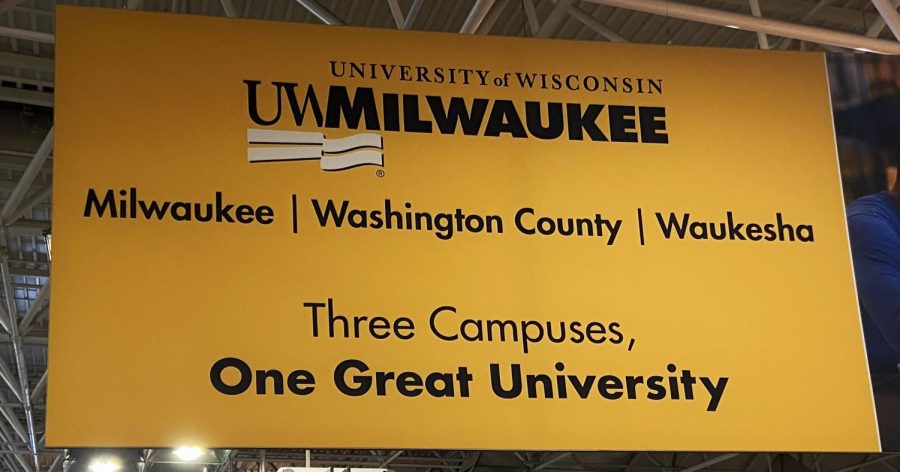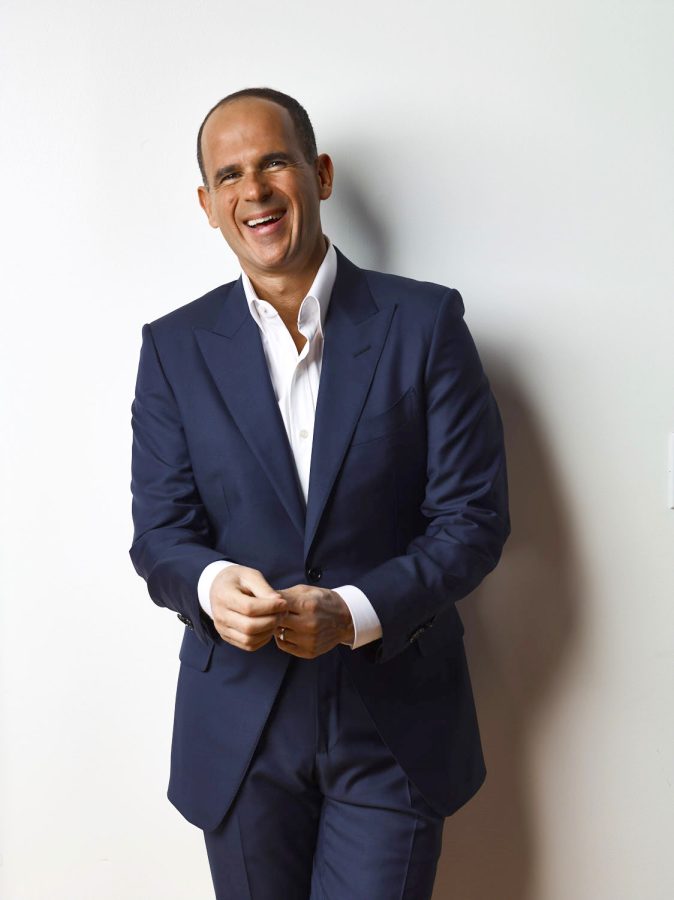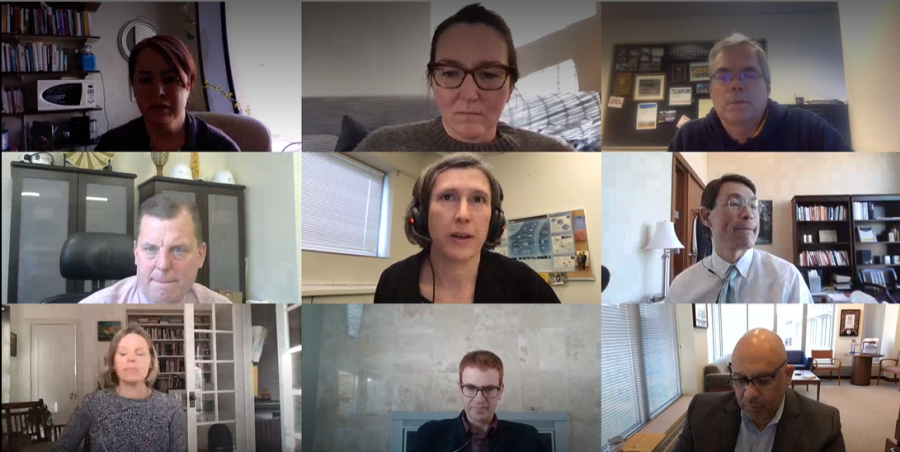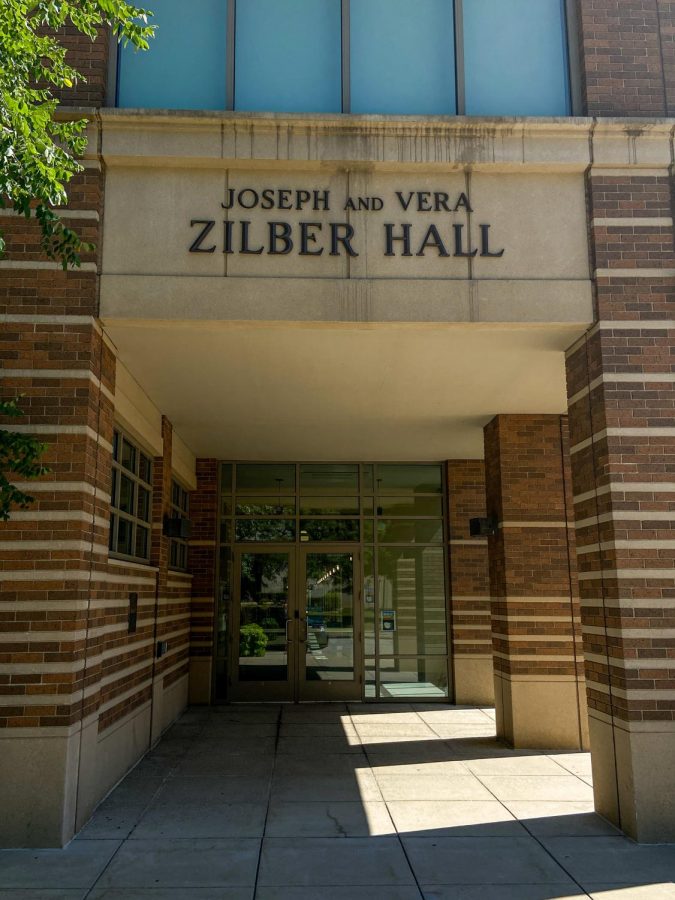Following suit with other universities across the country, The Marquette Free Speech Statement has been endorsed by Marquette University faculty.
A free speech statement is a set of principles a university community aspires to achieve. Marquette’s Free Speech Statement outlines how the campus community can “be the difference” by furthering free speech and expression in higher education.
In September 2021, The Foundation for Individual Rights in Education ranked colleges and universities across the country on the issue of free speech and Marquette was ranked 153rd out of 154 schools listed.
The statement reads “we, the Marquette Community, commit ourselves to free and open inquiry in all matters, yielding the broadest possible latitude for all students, faculty, staff, and administrators to speak, write, listen, challenge and learn.”
The statement also includes five pillars of free speech and expression.
The five pillars recognize and affirm the right of Marquette’s campus to engage in all forms of speech and expression, to foster an environment that promotes the active participation of every member of the community to engage in free discussion, dialogue and debate and to not shield individuals from ideas and opinions they find unwelcome, immoral, wrongheaded or disagreeable.
The pillars also outline that the university may restrict speech and expression that violates the law, uses slander or libel, falsely defames a specific individual or group, constitutes a genuine threat or harassment, uses hate speech or unjustifiably invades substantial privacy or confidentiality interests.
“Last semester [Marquette Civic Dialogues] had a number of discussions about how we engage one another on campus, voice our ideas and engage competing ideas that students have been discussing and deliberating for some time and this was the statement that was crafted and has circulated,” Amber Wichowsky, vice chair of the university Academic Senate and the director of Marquette’s Civic Dialogues program, said.
Wichowsky said this statement is based on the University of Chicago’s statement of free speech that has been adopted by over 80 universities in the United States.
“The Chicago Statement” refers to the free speech policy at the University of Chicago created by the Committee on Freedom of Expression in 2014 that states “the university has a solemn responsibility not only to promote a lively and fearless freedom of debate and deliberation, but also to protect that freedom when others attempt to restrict it.”
As of March 21, Marquette’s Free Speech Statement has been endorsed by Black Student Council, College Democrats, Eagle Free Press, Gender and Sexuality Alliance, Graduate Student Organization, Political Science Honors Society, TEDxMarquetteU and Young Americans for Freedom.
“It is an endorsement of all opinions across the political, ideological spectrum being welcomed and embraced and that’s an interesting perspective,” Dave Wangrow, assistant professor of strategic management at Marquette University, said.
The statement recognizes that protecting free speech and expression in Marquette’s classrooms is top priority and is necessary for the educational growth of our student body.
“In my experience teaching students who really range in terms of political perspectives, our students are quite capable of engaging with one another and I think this is offered in bringing this statement together,” Wichowsky said.
With this statement, Marquette’s administration will commit to working with its colleges, academic departments and students to continually assess and improve the campus’ commitment to free speech and expression.
“I think eventually the idea would be as a collective university, we would have formed a firm statement and put it in a visible place on our website,” Provost Kimo Ah Yun said. “But I think this is a positive step. We just have to figure out the best way as a university where we’re at to where we need to get to.”
Ah Yun also said he hopes to form a special committee to consider this free speech policy and produce a report offering a significant set of recommendations.
This story was written by Bailey Striepling. She can be reached at bailey.striepling@marquette.edu.

